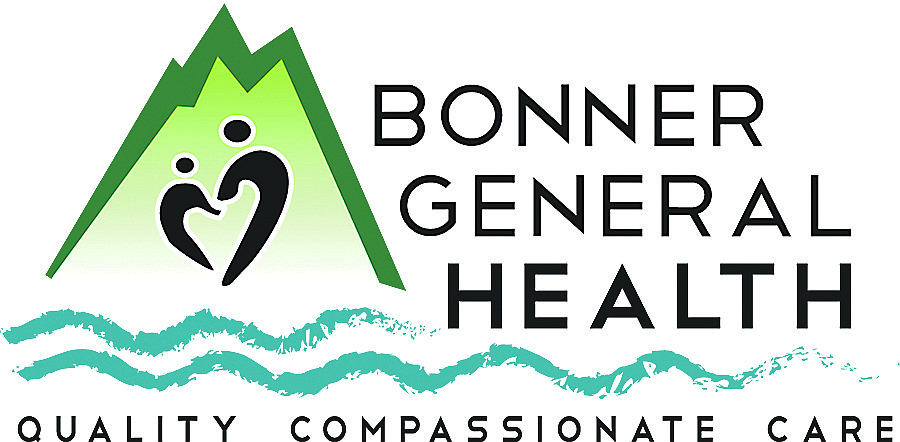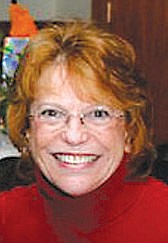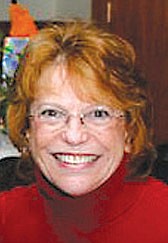Respiratory therapists help you breathe a little easier
For most of us, breathing is as normal as, you know, breathing.
Unless we’re running or doing yoga, we don’t tend to think much about it. That is, of course, if we have healthy lungs. What about those who contract COVID-19 or other respiratory infections? What about people who have had surgery or a cardiac event? Or those with upper respiratory conditions such as COPD? That’s when we call in a respiratory therapist.
“When someone comes into the hospital with cardiac or respiratory problems, there is a good chance they are going to get to know one or more of us,” Jaime Martinez, BSRT, Cardiopulmonary and ICU director at Bonner General Health, said.
Just to explain the alphabet behind Martinez’ name, she has a Bachelor of Science degree in respiratory therapy. She explained that all BGH’s respiratory therapists have national and state board licensure, and that their education ranges from associate degrees to master’s degrees.
Very simply, a respiratory therapist is a healthcare provider who specializes in therapy that helps maintain or improve lung function. Based on your medical history, a respiratory therapist will perform tests and help you implement a treatment plan.
“Each respiratory therapist on our team brings diverse knowledge and experience in the respiratory care field to our community,” Martinez said.
Your healthcare provider may refer you to a respiratory therapist if you have symptoms such as a chronic cough, coughing up blood or mucus, wheezing, shortness of breath, chest pressure, chest pain, abnormal chest X-ray results or abnormal blood oxygen testing results.
I don’t have to tell anyone who has ever had a bad cold how distressing it is to be unable to breathe. Lung.ca says, “We are powered by breathing. Our lungs fuel us with oxygen, our body’s life-sustaining gas. Our lungs breathe in air, then remove the oxygen and pass it through our bloodstream, where it’s carried off to the tissues and organs that allow us to walk, talk, and move.”
On a normal day, those of us without respiratory problems breathe in and out around 22,000 times. When there’s an issue we can turn to a respiratory therapist.
“At BGH, there is a respiratory therapist on duty 24/7/365,” Martinez said. “Our team cares for patients throughout the entire hospital, with ages ranging from newborns to the elderly.”
She explained that if you’re treated in the emergency department, your status will be closely monitored. When you’re sent home, a respiratory therapist will educate you on your medications, inhalers or nebulizers as prescribed by the ER staff. For those with injuries such as broken or bruised ribs, the RT will instruct the patient on the importance of expanding their lungs.
“Inpatients may require treatments, oxygen, or ventilation support on one of our high-flow machines, CPAP or BiPAP machines, or even a mechanical ventilator, all managed by an RT who works closely with the provider,” Martinez said.
“We also provide outpatient services such as pulmonary function testing, exercise stress tests, exercise oxygen studies, cardiac event, and holter (portable electrocardiogram) monitors. Our therapists work with patients to teach pre-habilitation techniques before surgery as a part of a care plan that results in enhanced recovery after surgery (ERAS). Respiratory therapists also complete outpatient EKGs.”
For members of the community who suffer from chronic lung issues such as asthma, bronchitis, and COPD, the hospital re-launched the Better Breather’s Club after a hiatus due to the pandemic. The facilitator respiratory therapists have been specially trained by the American Lung Association.
Topics range from how air quality impacts lung disease to exercises to managing care with supplemental oxygen and nutrition and diet. The club meets on the second Tuesday of each month from 1 to 2 p.m. in the classrooms next to the cafeteria at the hospital (520 N. Third Ave.).
“Future meetings will include a visit from the Life Flight network, coping with diagnosis and support, and getting the most out of your medications and the importance of having an action plan,” Martinez said.
I sat in on a class when the club first started, and I must tell you that I learned a lot not only from the facilitators but also from the questions and comments from the attendees. You’re more than welcome to come see for yourself.
Kathy Hubbard is a member of Bonner General Health Foundation Advisory Council. She can be reached at kathyleehubbard@yahoo.com.



